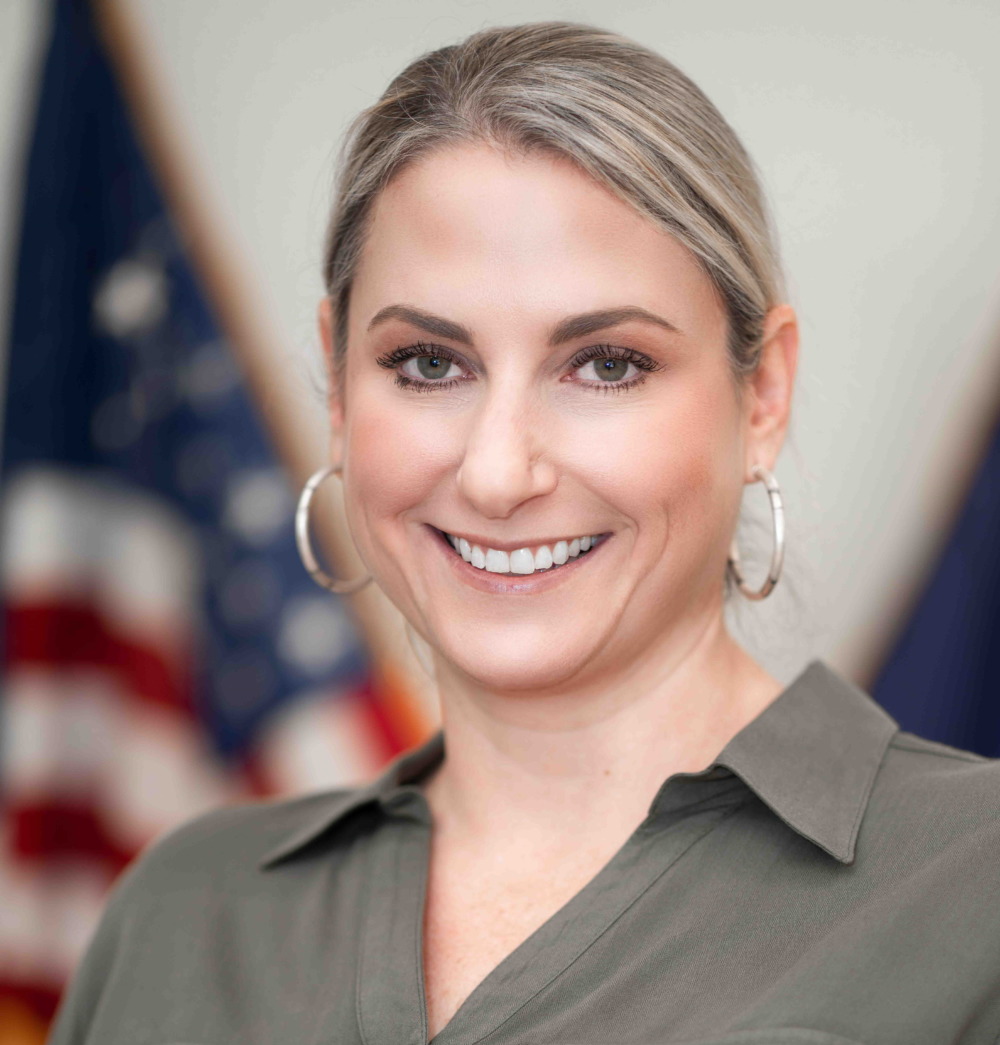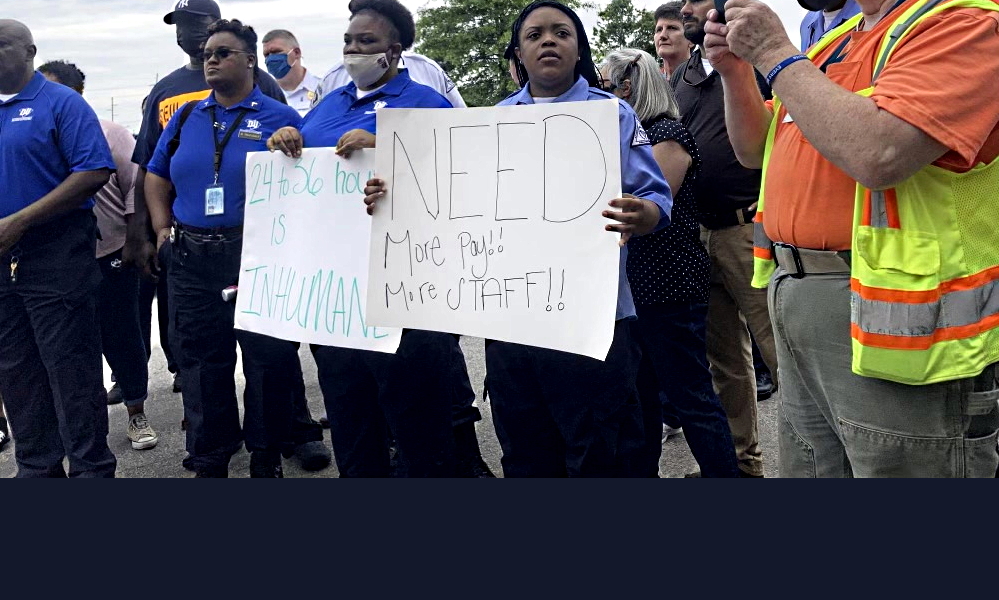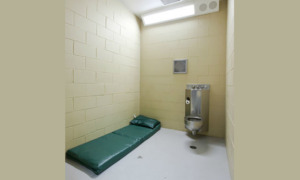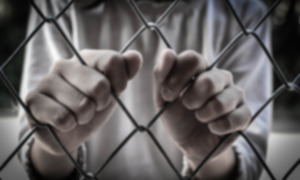COLUMBIA, S.C. (AP) — The South Carolina Department of Juvenile Justice announced Thursday that it will reform its beleaguered central prison for youths under a settlement agreement with the federal government.
The agreement with the U.S. Department of Justice follows a 2020 report from the federal agency that ordered the state to make changes at the Broad River Road Complex in Columbia or face a lawsuit.
Federal investigators found state officials were violating the rights of incarcerated youths by failing to protect them from fights, forcing them to spend days or weeks in isolation for minor offenses and failing to get them mental health when they threaten to harm or kill themselves.
The Justice Department reiterated those findings in Thursday court filings, observing that agency staff harm children with excessive force such as choking, punching, kicking, and twisting arms; and that the agency doesn’t thoroughly investigate abuse allegations.

South Carolina Department of Juvenile Justice
Eden Hendrick, interim leader, South Carolina Department of Juvenile Justice
State officials have agreed to ensure facilities are properly staffed, offer rehabilitative programming and revise its use-of-force policies, according to the agreement filed in federal court. The state has also agreed to hire consultants on staffing and behavior management, overhaul its security camera system, limit its use of solitary confinement and adequately train its staff, among other measures.
“We are optimistic and determined to use this Settlement Agreement as an opportunity to institute sweeping reforms that will positively impact youth, their families, our staff, and the state of South Carolina,” said Eden Hendrick, the agency’s interim leader, in a statement.
Juvenile Justice officials acknowledged the federal use-of-force findings as “concerning” but said the agency has since taken steps to address those issues.
Hendrick, who took over last fall after then-director Freddie Pough’s resignation, has outlined to lawmakers her planned overhaul of the agency. She has restructured agency’s leadership, modernized facilities, instituted sign-on and retention bonuses at the agency to try to fill correctional officer vacancies and asked lawmakers for funding to move mentally ill youth out of detention facilities they are illegally housed at, she said earlier this year.
Pough stepped down following a scathing state audit, a no-confidence vote by state senators and a walkout by correctional officers at the Broad River Road Complex.
Last year’s state audit found a number of issues, from an increase in violence at agency facilities to students missing GED testing because they were locked up in isolation units. Staffing and transportation shortages also meant some youths were not receiving adequate and timely medical care.
































